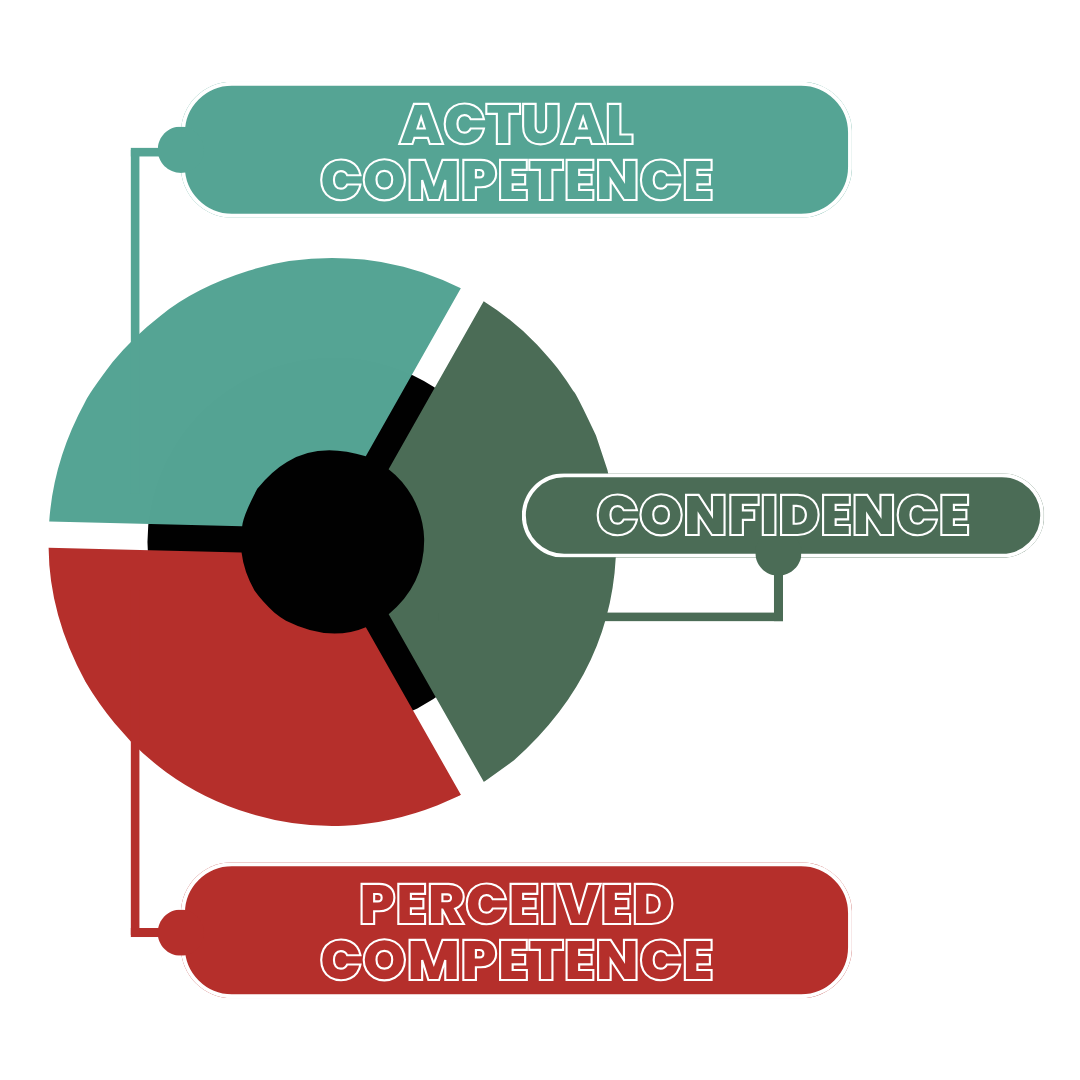For those of you Soulful Entrepreneurs who’ve read my blog, 5 Signs You May be Suffering from Imposter Syndrome, you probably remember the discussion about that gnawing feeling. A persistent, uneasy awareness that is hard to escape.
I also highlighted that imposter syndrome often affects high achievers – an irony that I’m sure we can all appreciate!
It’s often from this place of high expectation in entrepreneurship that we encounter the 5 symptoms of imposter syndrome, and none more so than the fear of failure – which I’d like to talk with you about today.
The Nuances of Fear & Failure in Entrepreneurship
The fear of failure that stems from imposter syndrome (IS) is one that needs qualifying
What are you talking about, Lisa?
Put simply, it might not just be a sense that we’re failing others, but also a deep-seated belief that we’re failing ourselves. This ties in (not so) nicely with those other pesky symptoms of IS, namely a perception that we need to be perfect at whatever it is we’re doing. It also ties in with a tendency to compare ourselves with others.
Nowhere is this nasty cocktail of factors more likely to conspire than in the world of entrepreneurship where, let’s face it, you’re out there on your own, and your only yardstick for success is other people who are running their own businesses.
And, of course, you want your business to be perfect. Not only is the whole world watching you (or so you think!), but it’s… well, YOUR business. Too much rides on it for it to fail. It. Simply. Cannot. Fail.
Welcome to the stage… the birth of the fear of failure. I know – I’ve been there. It likes to stick around, even long after its birth. It stinks.

Peeling Back the Layers: Confidence vs. Competence
But there’s more to this story than meets the eye. Indeed, this is where I hope to be able to offer a little insight into your own mind – a little tactic I use when trying to identify the ROOT of the problem of imposter syndrome. (Which, by the way, is the best place to start for solving any problem – whether in business or life.)
Besides those symptoms I listed above, I’ve found that conceptualizing the root issue of imposter syndrome as belonging either to a lack of confidence or competence is a pretty useful starting point. Something a lot of my clients I think would agree with me on.
What do I mean by this?
Sometimes the underlying problem with imposter syndrome is straight-up that you don’t possess enough confidence. That you don’t feel able to express yourself or compete in environments where perhaps others are VERY confident (BIG shout out here for female, under-represented, and second-language Soulful Entrepreneurs).
And here’s the thing: so many people who are in the business of helping others overcome imposter syndrome megaphone MORE CONFIDENCE as the response to not having enough confidence. Which is true (otherwise ‘confidence’ as a word wouldn’t feature in the title of my latest imposter syndrome eBook)… but it’s not the only thing that we need to consider.
The truth is, there is more. And working out where the more comes from is as simple as asking WHY people, and especially entrepreneurs, lack confidence… Why might it be?
And my answer to that, dear friend, relates to competence – or, more specifically, perceived incompetence.

Understanding the Underpinnings of Imposter Syndrome
Underlying most people’s lack of confidence – and I urge you to test me on this one! – is a sense that we’re not very good at something.
This might be something we can put our finger on (for example, lacking certain skills that are necessary for our job, or the social acumen necessary for flourishing at networking events), or it might be something deeper down, more repressed.
Now, working out what that particular area of perceived incompetence is (and then acting upon it in a strategic way) is a great way of kicking back at your imposter syndrome.
Incidentally, it’s something I do one-on-one with my clients in the form of providing tailored strategies, action plans, and weekly accountability and progress check-ins. In case you wanted to know!😜
And here’s the thing – occasionally my clients will report to me that, after doing a bit of mental digging and evaluation, this belief that they’re incompetent at something is completely unfounded!
In other words, they ARE competent at whatever it is they’re doing, but they just don’t think they are; rather, they have the competence (the knowledge, the skill, the social airs and graces… whatever!), but they just lack confidence. As I said, these two enjoy dancing together around our feelings.
Sometimes, it’s a bit of perceived AND actual incompetence that can cause imposter syndrome…
Eh, what?!
…by which I mean, though we might not in fact be all that good at something… we may actually over-exaggerate our lack of ability at it. Capiche?
In my experience, this situation often arises with second-language entrepreneurs facing imposter syndrome – something I talk about in my NEW eBook, and in which I detail a range of coaching and language strategies that can help.
Finally, there are those situations in which imposter syndrome is genuinely caused by a lack of actual competence at something (i.e. it’s not just something we’re making up in our own heads). Where this is the case, then the solution is often found in more education, training, or support.

The Silver Lining of Imposter Syndrome
Even if you’ve reached a verdict on whether your imposter syndrome is caused by a lack of confidence or competence (or both), there’s one thing I’d like you to take away from this blog.
And prepare yourself – it may not be quite what you’re expecting to hear…
Imposter syndrome – and I will stress in moderation – is a healthy and natural response to being in an unfamiliar environment. In particular one in which you’re encountering personal or professional growth.
That’s not to say it’s pleasant, nor that for some it doesn’t morph into something far worse, something all-consuming. For many it does.
But, within reason, and so long as you’re aware of your imposter syndrome and are taking the right steps to tackle it (this includes proactive action such as coaching) then imposter syndrome can be a fairly natural response – a rite of passage, even – to experiencing personal or professional growth.
But because of the way it presents itself, you may not always recognize it as a sign of growth. Rather, you may focus instead on the symptoms listed above, namely either a lack of confidence or competence, or a perceived lack of competence.

Navigating Through the Process of Growth
Knowing this, I’d encourage you to try re-imagining your relationship with your imposter syndrome. Try thinking of it as a process, and not a permanent destination. An obstacle, or challenge, to be overcome – one that, once conquered, you’ll look back on from a position of significant growth, achievement, and new knowledge.
Better yet, try to see it as an opportunity to move away from stagnancy – or whatever it was you were doing before that was no longer serving you. Where possible, embrace a growth mindset – and by that, I don’t mean ‘no pain, no gain’. Though it may at times feel uncomfortable, this journey doesn’t have to be painful – particularly if you follow these strategies.
Because here’s the thing: if you’ve got imposter syndrome, the chances are that even though you think you’re nowhere at all… you’re probably already at your desired destination – it’s just your mind that’s telling you that you aren’t!
I encourage you to give yourself grace & think on that – and if you’re looking for more ways to understand and overcome your IS, these 8 imposter syndrome emails could be just the trick! Otherwise, set up a chat with me here and let’s work through things together. 😊

View comments
Leave a comment